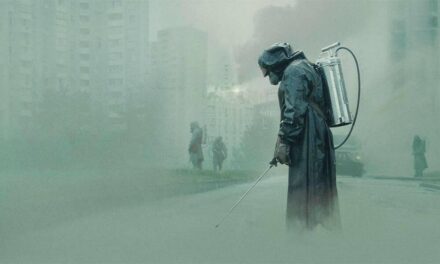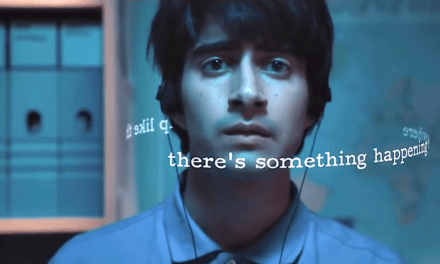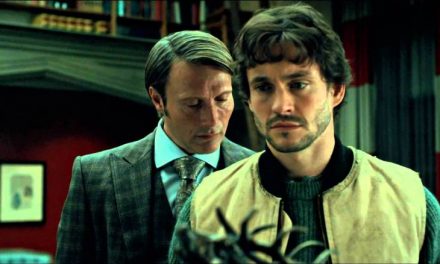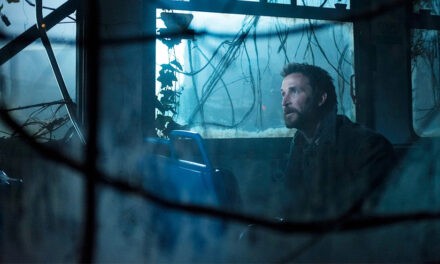Call for papers website: https://sites.google.com/view/replayingcommunism/symposium/call-for-papers
In 1988, on 15 March, a day synonymous with national independence and democracy, over 10,000 Hungarians chanted Sándor Petőfi’s infamous poetic cry – ‘no more shall we be slaves’ – as they formed the largest anti-Government demonstration since the 1956 Revolution. Taking place exactly 140 years after Petőfi led Hungary’s rebellion against Habsburg rule, this demonstration highlighted the nation’s desperation for ‘Press Freedom’, ‘Real Reforms’, and ‘Freedom of Assembly’, as the protesters wrote on their banners. Thirty-five years later, students at the Budenz Elementary and High School in Budapest gave a musical performance about Petőfi’s life and poetry during the 15 March celebrations. Like the anti-Habsburg and then anti-Communist protests, students evoked similarly anti-establishment sentiments when they regaled Petőfi’s ‘Hang the kings!’ Recognising the political resonance of the performance, the school’s principal, József Csenki, immediately banned its next scheduled performance in fear of, it has been widely acknowledged, negative associations with the current Prime Minister, Viktor Orbán.
Orbán’s imposition of restrictions on a free media and, by extension, on the freedom of expression for Hungarian school children may have seemed all too familiar to those who experienced life during the ‘Goulash Communism’ years under János Kádár. The Guardian highlighted such parallels in a report (published on 2 April 2022) that quoted a Hungarian journalist, who wanted to remain anonymous, describing Orbán’s media control as being ‘much much worse than it was back in the 1980s when Hungary was a communist country’. With a politically controlled media regulatory authority, state intervention in the media market, and the widespread erosion of media pluralism and freedom of expression, it is hardly surprising that contemporary creative industries are engaged deeply in this debate.
The AHRC funded ‘Replaying Communism’ project, to which this symposium belongs, is investigating this phenomenon in its analyses of television shows that situate the viewer in Communist and Postcommunist Hungary, such as A Besúgó (HBO Max, 2022-) and Aranyélet (HBO Hungary, 2015-18). Similar political and cultural trends can be identified across former Soviet satellite states with television series such as Poland’s 1983 (Netflix, 2018), Czechia’s Mamon (HBO Europe, 2015), and Germany’s Deutschland ’83 (Sundance TV, 2015), and gaining widespread popularity across the former Soviet bloc and beyond. This symposium seeks to move beyond Hungary in its engagement in widespread discussions about twenty-first-century media portrayals of the Communist occupation of Central and Eastern Europe (1945-1990). To do so, we ask:
- Why is contemporary media ‘replaying communism’?
- How does this media represent the communist past?
- What can we gain from both scholarly and creative engagements with the synergies between the Communist era and today?
We are keen to analyse cultural memories of the Communist era in fictive and non-fictive accounts, and across all media. Any chosen critical, theoretical, methodological, or disciplinary perspective is therefore welcome. We hope that this symposium will provide researchers interested in interdisciplinary (especially political and artistic) approaches to media with rigorous and engaging discussions concerning creative and/or theoretical methodologies in response to the theme of representing communism.
We welcome a wide range of perspectives and encourage analyses that explore of former Soviet satellite states through, but not limited to, the following lines of inquiry: nostalgia for communism or Ostalgie; postcommunism and revolution; postcommunism and nationalism; postcommunist generations; cultural heritage; monuments and statues; museum studies; archiving communism; music; visual arts; performance; literature; film; journalism; television; video games.
The symposium is open to postgraduates, ECRs, senior academics, and archivists interested in how contemporary media informs our understanding of the experience of life under Communist rule. Please submit abstracts (250 words), including a title, and short bio (100 words) by 29 August 2023. Papers must be between 15 – 20 minutes in length. We aim to respond to all applicants with a decision on their submission by 8 September 2023. Please note that as this symposium will take place online, there is no symposium fee.
If you are interested in attending this online event, but do not wish to present a paper, please contact us directly via email. The conference programme will be posted on this webpage in due course. Please address any questions you may have to replayingcommunism@gmail.com
We look forward to hearing from you!
Dr Anna Váradi and Dr Lucy Jeffery.





